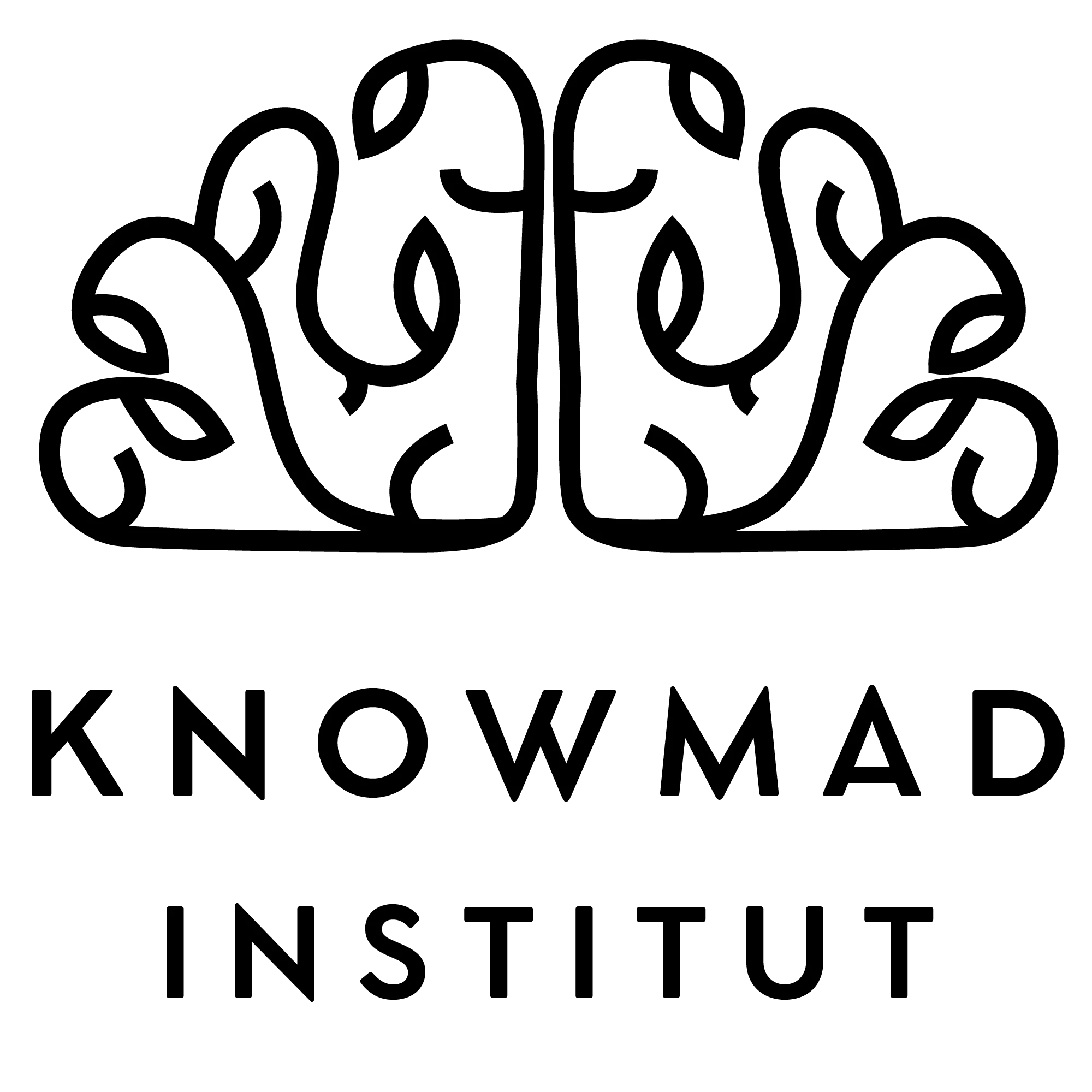Surfing the Wave of AI in Education: An Ethical Commitment

At the dawn of the digital era, artificial intelligence (AI) emerges as a transformative force in academia, promising unprecedented levels of personalization and efficiency in education. Yet, this transformation demands a careful balance between technological innovation and ethical principles. The Knowmad Institut emphasizes the critical need for an ethical framework that aligns AI application with intellectual responsibility and originality. This piece reflects our commitment to ethical creativity in AI tools’ deployment, adhering to COPE guidelines and the JMSHRS editorial practices. Join us as we explore the promise and ethical challenges of AI in education, advocating for transparent, responsible use that enhances rather than replaces the educational experience. How do you envision the future of AI in education and its role in academic content creation?
The (Missing) Role of Nuclear Energy in the Sustainable Development Goals
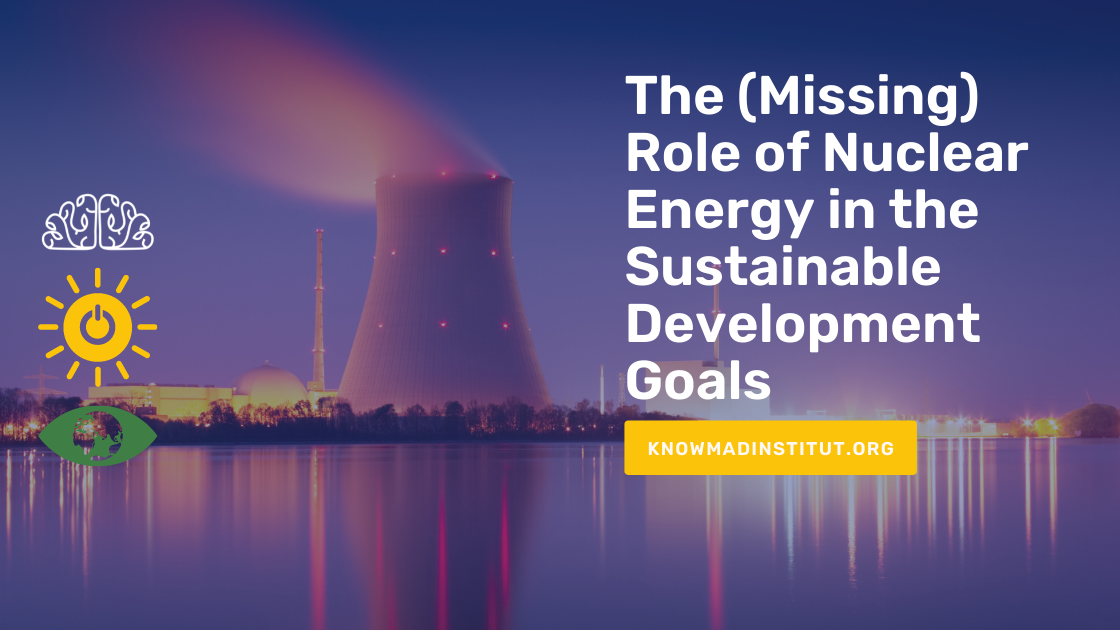
Nuclear science and technology are used in many countries to help meet development objectives in areas including energy, human health, food production, water management and environmental
protection. The focus of this paper will be on energy and specifically how nuclear energy fits into SDG 7 (Affordable and clean energy) and relates to SDG 13 (Climate action).
The Sustainable Development Goals (SDGs) were adopted by the United Nations in 2015 as a universal call to action to end poverty, protect the planet, and ensure that all people enjoy peace and
prosperity by 2030.
Sustainable Development Goal 7, Affordable and clean energy, aims to “Ensure access to affordable, reliable, sustainable and modern energy for all”, with a focus on developing countries.
This goal classes “renewable” technologies to be sustainable, while excluding nuclear energy. The term “renewable” usually includes unsustainable, high carbon biofuel. From a policy point of view, it is
a problematic term. According to multiple scientific bodies, nuclear energy is clean, reliable and is needed to transition away from fossil fuels in order to combat climate change. No country in the world
has been able to decarbonise its electricity sector without having either nuclear energy or – where available – substantial hydro or geothermal energy as part of the energy mix.
SDG 13, Climate action, focuses on lowering greenhouse gas emissions and adaptation to climate change. This goal does not mention nuclear energy. Significant research has shown that in the
absence of suitable hydro or geothermal resources, decarbonisation aims are not achieved without nuclear energy. These issues will be discussed in this paper.
Objective: To assess whether nuclear energy should be included in SDGs 7 and 13, and consider the reasons for its current exclusion.
Generational Gap in Learning
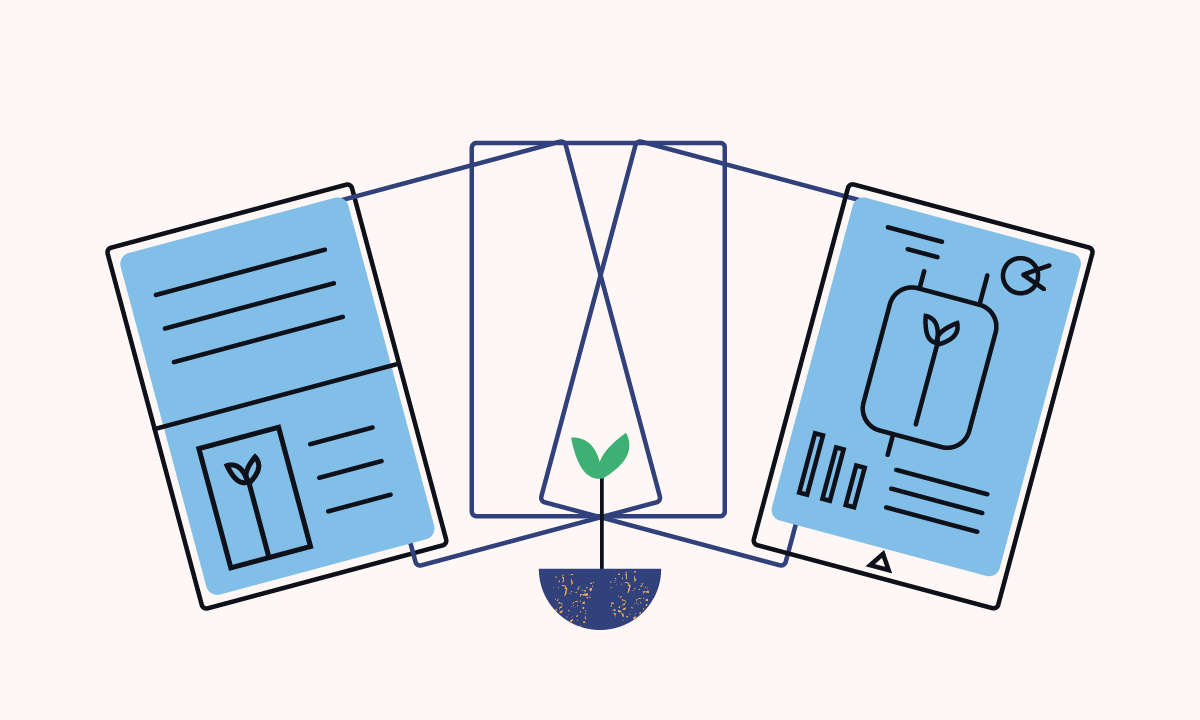
The existence of an identifiable generational gap between teachers and students affecting the learning process is suggested here. It begins around the social settings that surrounded the present day educator, and gets in conflict with the learning habits technology has promoted. Here, a brief explanation of how Acceleration (H. Rosa), Dyssynchrony (B-C. Han) & Hystheresis (P. Bourdieu) affect the aforementioned phenomenon is developed. Furthermore, a suggestion is given on how the concepts of Action (H. Arendt) and Resonance (H. Rosa) could reduce its widening.
South African Dagga Private Clubs Initiative
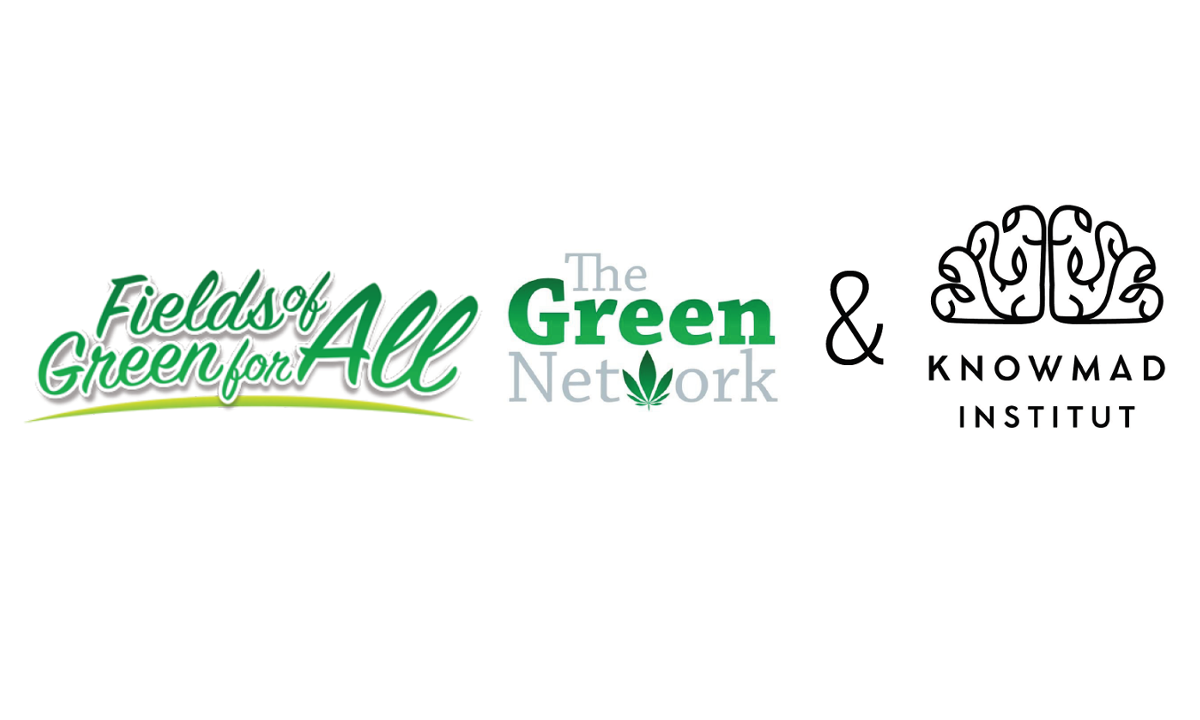
We, the people who use Cannabis throughout South Africa who are the keepers of traditional knowledge of the plant, have been freed after 110 years of the State-led violations of our right to privacy and our dignity as human beings after the Constitutional Court’s judgement “decriminalising the use or possession of Cannabis by an adult…
Report: Cannabis & Sustainable Development
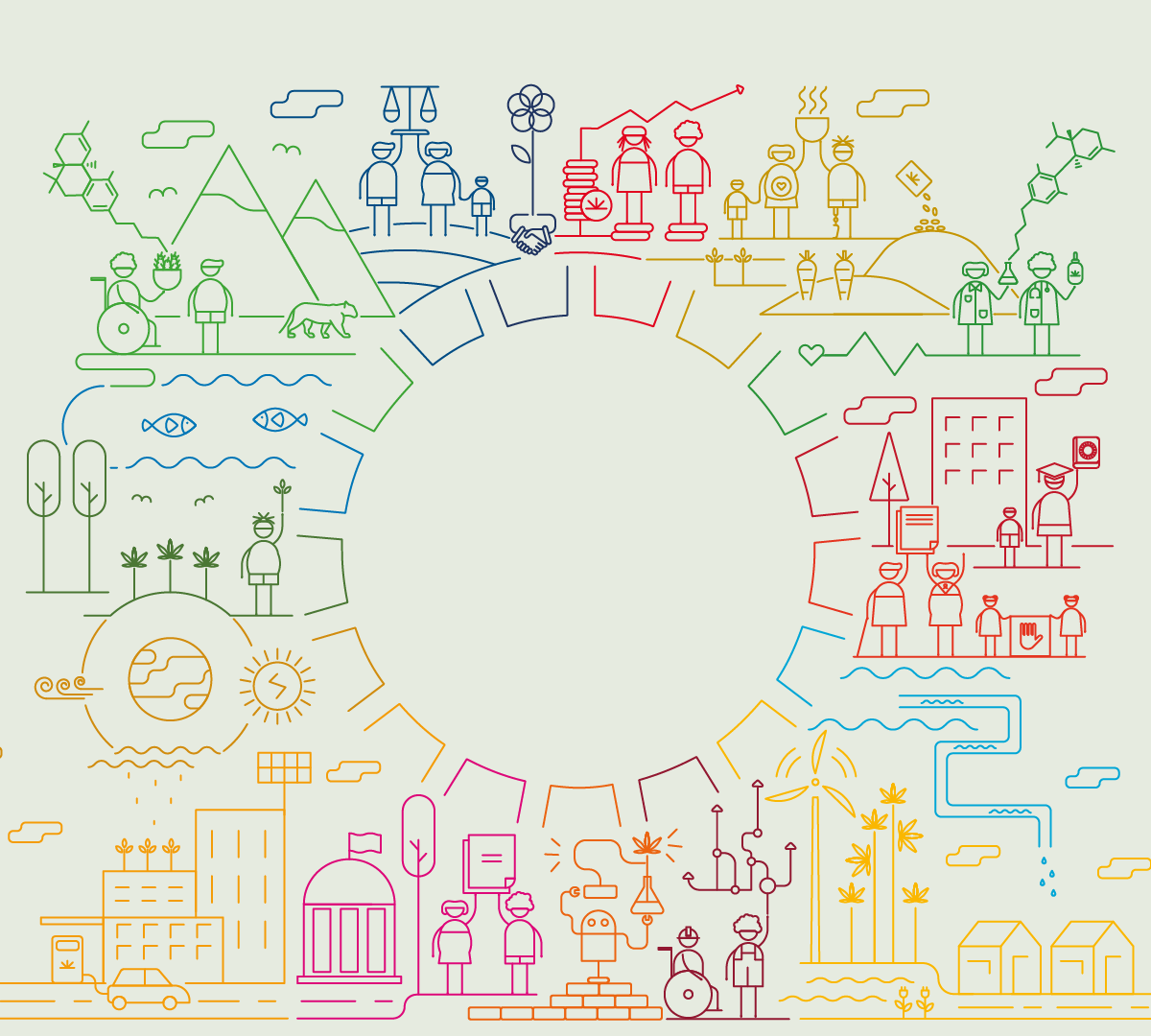
« …The tragedies caused by the lack of adequate and effective control of drug markets have increased social suffering, especially in relatively less developed countries and regions.
That is the reason why sustainable development opportunities must be taken as a guidance to improve the performance of drug policies. But this will not be possible without a strong public administration and efficient evidence-based public policies that, without repeating schemes worn out by the absence of results, take on the challenge of incorporating a new focus.
For all these reasons, we commend the efforts that Civil Society is undertaking to achieve an effective political incidence of this agenda, and we gladly join in an open dialogue where diverse voices and visions can fit. »
Diego Martín Olivera Couto,
Secretary-General, National Drug Council,
Office of the Presidency of the Republic, Oriental Republic of Uruguay.
